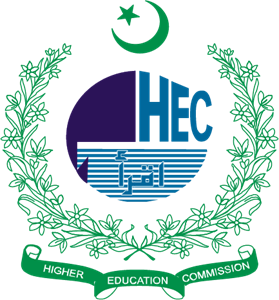Awareness regarding breast cancer and its screening amongst women attending a tertiary care hospital in Peshawar
Abstract
Introduction: Breast cancer is a major public health problem in developing countries with Pakistan having the highest incidence among Asian countries. Screening strategies are advocated as primary preventive measures and early detection of suspicious masses.
Objective: To evaluate and quantify the level of awareness regarding risk factors related to breast cancer and the screening methods available to detect it amongst women in a tertiary care hospital of Peshawar.
Materials & Methods: This survey was conducted from June 2018 to November 2018, on females above 14 years, in the wards and Out Patients Department (OPD) of Rehman Medical Institute (RMI), Peshawar. WHO Sample Size formula was used to calculate the sample size and convenience sampling technique was used for data collection via a self-constructed questionnaire translated into Pashto; women with any previous history of breast cancer were excluded. Data were analyzed by Excel and SPSS 24 for descriptive statistics.
Results: A total of 340 women participated in this study with majority (34%) between 14-30 years of age; of these 165(48.5%), 158(46.5%), and 131(38.5%) respondents respectively knew that a positive family history, oral contraceptives, and obesity increase the risk of breast cancer. However, 214(62.9%) knew that breast feeding decreases the risk; only 118(34.7%) knew having children at younger age decreases the risk. Similarly, only 91(26.8%) had heard of Breast Self-Examination (BSE), 53(15.6%) had been taught BSE, and 75(22.06%) were practicing it on either a daily, weekly, monthly or yearly basis, while 265(77.94%) did not practice it at all. Education level of respondents was significantly associated with the knowledge of risk factors for breast cancer. Only 73(21.5%) had heard of mammography. Out of them, 50(68.5%) thought that mammography was a useful tool of detection but were not sure about the age from which it should be started and how often it should be done.
Conclusion: There is a lack of awareness regarding risk factors, BSE, and especially regarding mammography and its use amongst women.
Keywords: Breast Neoplasms; Breast Feeding; Mammography; Breast Self-Examination; Mass Screening.




